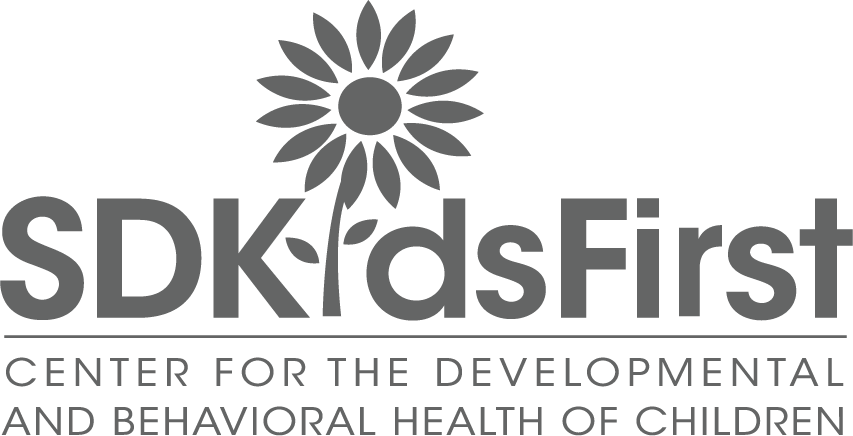Dr. Deb’s Top 5 Myths About ADHD – Debunked!
- My child is not hyperactive, therefore he/she can’t have ADHD.
This is a very common misperception. There actually are 3 subtypes of ADHD – children who mostly show symptoms of inattention, children who mostly show symptoms of hyperactivity/impulsivity, or children who have a little of both inattention and hyperactivity/impulsivity. Children who show at least six symptoms of inattention, with very few, if any symptoms of hyperactivity/impulsivity are named ‘predominantly inattentive’ (colloquially known as ADD). They are often diagnosed later in childhood as they are not disruptive at school or at home, but merely are seen as ‘daydreamers’, ‘absent-minded’, or ‘chronically forgetful’. However, if not identified, their symptoms begin to interfere with academic progress, family and peer relationships, and self-esteem.
- ADHD is not a real medical diagnosis, it’s the result of bad parenting.
It has been determined that ADHD is a neurobiological disorder which has its root in the dysfunction of a part of the brain called the frontal lobe. It is this part of the brain that allows us to filter out distractions, inhibit impulses, make decisions, plan, organize, regulate our emotions, and exercise good judgment. ADHD is hereditary, and therefore runs in families. It’s very common for one parent of a child with ADHD to also have ADHD themselves. Although parenting has been determined not to cause ADHD, there are certain parenting strategies one can adopt to help minimize the effect ADHD has on the child and his/her family.
- Medication is the only way to treat ADHD.
Although there are many medications that have been proven to be safe and effective for managing ADHD symptoms, there are also several non-medicinal treatments that are also effective. Behavioral therapies that focus on helping to consistently motivate and reward children, along with teaching them how to self-monitor, and develop organizational and study skills can be extraordinarily impactful. Structuring and adding modifications to the school and home environments are also important in fostering an environment in which a child with ADHD can successful.
- ADHD only affects boys.
ADHD affects 5.5 % of girls in the United States. Boys are about two to three times more likely than girls to be diagnosed with ADHD, though it’s not yet understood why. Girls tend to be diagnosed with predominantly inattentive subtype more frequently, and are therefore often diagnosed later in childhood as they are not as disruptive in class or at home.
- Children with ADHD are not intelligent.
This could not be more untrue! Although many children with ADHD have learning disabilities which makes learning a particular subject more difficult, studies show that children with ADHD as a group have IQs at par if not slightly above the general population. Children with ADHD are known to be creative thinkers, the most ‘out of the box’ problem solvers, and the ones with the most novel ideas than you can imagine. Combined with their passion for their interests, and an amazing capacity to focus extremely well on the pursuits that they enjoy, children with ADHD can become very successful in their adult lives. Some celebrities who have ADHD include Michael Phelps, Jim Carrey, Howie Mandel, Terry Bradshaw, and Will Smith. David Neeleman, Founder of JetBlue Airways and Paul Orfalea, Founder of Kinko’s also have ADHD. Other high-achieving individuals thought to have ADHD include Mozart, Benjamin Franklin, Abraham Lincoln, George Bernard Shaw, and Salvador Dali.
-Dr. Deb
Click the image below to view Dr. Deb’s interview on Fox5 San Diego

